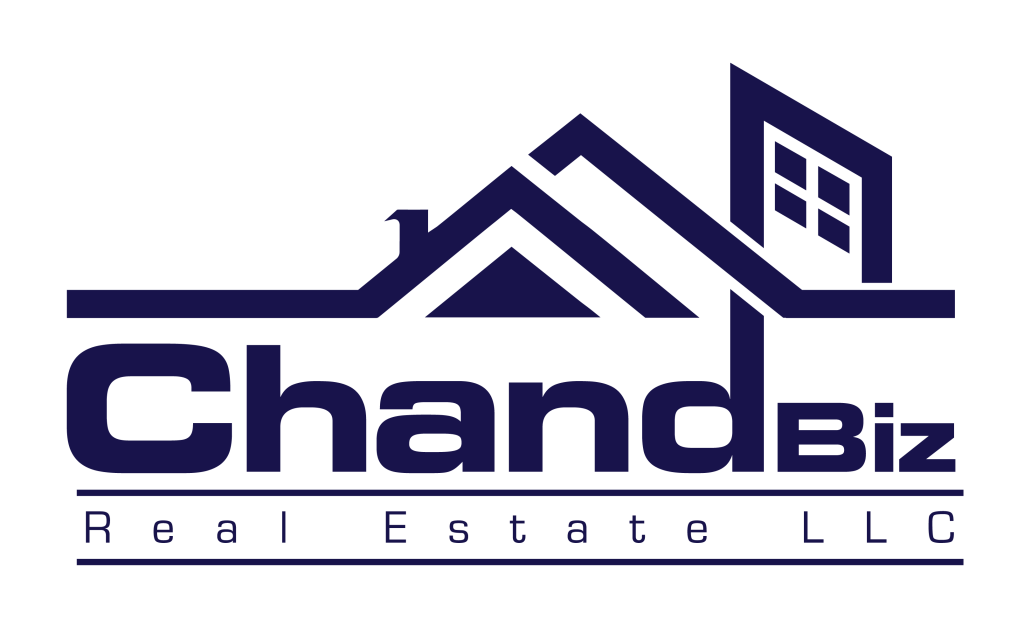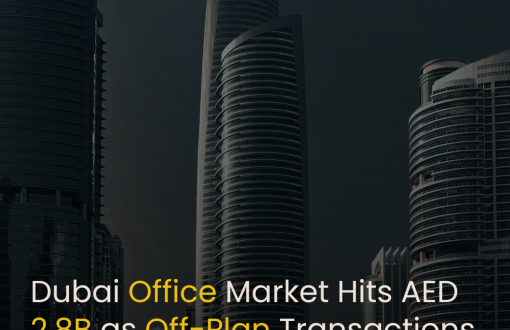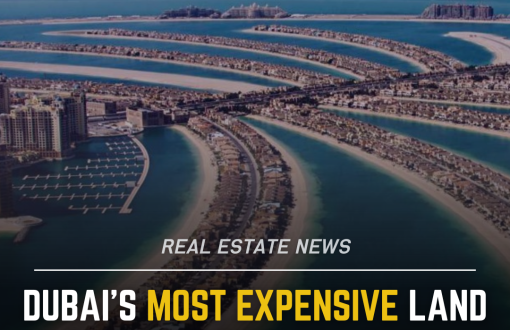Dubai Housing Market Booms as Top Six Developers Drive Growth
Dubai’s residential real estate sector continues its upward momentum, with property transactions soaring 55% in the last quarter of 2024. Registered sales surged to 33,110 transactions, compared to 21,405 in the same period of 2023, as per data from property portal Square Yards.
Top Developers Leading the Market
Six major developers have played a crucial role in driving this growth, with Sobha Realty emerging as the market leader. The company recorded 1,960 transactions, primarily fueled by its flagship project, Sobha Orbis.
Following closely, Azizi Developments secured 1,158 transactions, driven by Azizi Venice. Damac Properties ranked third with 1,050 transactions, boosted by its Damac ELO project. Binghatti Developers followed with 700 transactions, supported by Binghatti Hills. Emaar Properties also contributed significantly to the market, ranking among the top developers. The sixth developer is yet to be officially confirmed but is likely to be Nakheel Properties or another leading firm.
In terms of sales value, Sobha Realty once again led with Dh4.297 billion, followed by Emaar Properties at Dh1.965 billion, largely attributed to Emaar Marina Cove. Damac Properties secured third place with Dh1.464 billion, driven by Damac Lagoon Views, while Azizi Developments recorded Dh1.370 billion.
Market Growth and Future Outlook
The total sales value for the quarter rose 44% year-on-year, reaching Dh65.23 billion, compared to Dh45.45 billion in the same quarter of 2023. Experts anticipate continued momentum, with price growth projected at 5-8% annually and rental yields averaging 7% in 2025.
A significant 182,000 housing units are expected to enter the market between 2025 and 2026, with 76,000 units scheduled for completion in 2025.
Dubai-based property consultant Jayakrishnan Bhaskar highlighted that investors are increasingly purchasing high-value properties and renting them out at elevated prices for steady passive income. Rental demand remains high, catering to both short-term and long-term tenants.
Shift Toward Affordable and Compact Housing
Despite soaring transaction volumes, the average home sales value dropped 7% to Dh1.97 million, reflecting a shift toward more affordable units. Properties under 1,000 sq. ft. dominated 75% of total sales in Q4 2024, up from 61% in the previous year. Meanwhile, larger units above 1,000 sq. ft. saw a decline in demand.
Properties priced below Dh2 million made up 74% of total sales, increasing from 70% in Q4 2023. This signals a market preference for mid-tier and budget-friendly housing, with premium properties in the Dh3-5 million and Dh5 million+ segments witnessing a slight dip.
Key Areas Driving Demand
Among Dubai’s micro-markets, Dubailand led with 28% of total transactions, followed by Jumeirah (22%) and Mohammed Bin Rashid City (9%). These three regions collectively accounted for 59% of Dubai’s residential sales activity.
In terms of total sales value, Dubailand contributed 24%, followed by Palm Jumeirah (14%) and Jumeirah (13%), making up 51% of the overall home sales value.
Locality-wise, Business Bay led in sales value, while Jumeirah Village Circle (JVC) topped in transaction numbers. Other active areas included Dubai Marina, Downtown Dubai, Al Barsha, as well as Bukadra and Dubai World Central, which showed strong growth in outer regions.
Dubai’s Long-Term Real Estate Vision
Square Yards’ Chief Business Officer, Rabiah Shaikh, emphasized Dubai’s investor-friendly environment, streamlined property acquisition processes, favorable visa and mortgage regulations, and tax incentives as key factors in sustaining market growth.
Looking ahead, Dubai Real Estate Sector Strategy 2033 aims to double the sector’s GDP contribution, enhance homeownership, and push the market beyond Dh1 trillion in value, reinforcing long-term confidence in the city’s real estate landscape.





